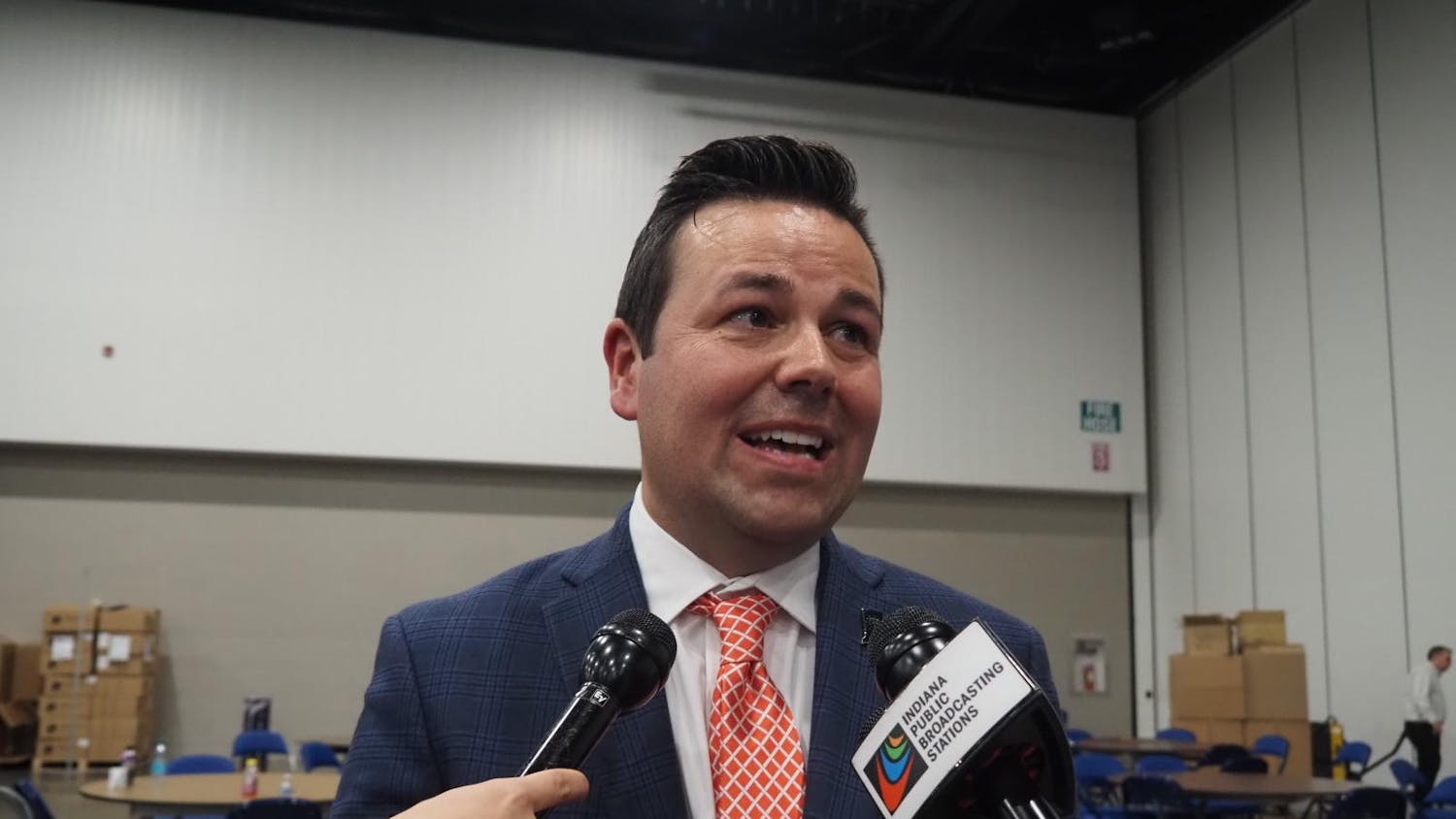Maria is a lot like other parents I know. Family is what is most important to her and she is adamant that her children will have a better life than she has had. But her situation is different. She is one of several thousands of returned refugee peasant farmers in Guatemala who wage a daily struggle for the necessities most of us take for granted, such as medicine, food and clean water. \nShe doesn't talk about the children she lost as a result of having to flee to Mexico, where she was a refugee for 15 years, or the husband she doesn't know if she'll see again because he went to the United States to find work and send the family money, and has not been heard from since. Her focus is on the future, one that, for the most part, is outside of her control. Her family's future is in the hands of people like you, me and the government ministers who will be meeting in Quebec City this week to construct a text for the Free Trade Area of the Americas.\nAlthough it seems Maria and I live worlds apart, the reality is that our lives are intricately intertwined. What my government supports will have a profound effect on her and her family. The policies that will have the greatest impact on Maria and other small-scale farmers is trade. The recent attention to free trade issues because of protests against global organizations such as the World Trade Organization, combined with the United States' persistent drive to expand free trade to all of Latin America through the FTAA, should make the plight of people like Maria a concern for all. \nI met Maria and her family during spring break on a human and labor rights delegation with Witness for Peace, a social organization. Since then, I have reflected on how connected our lives are. \nMaria lived most of her life in the northwestern highlands of Guatemala before she and her family were forced to flee during the civil war. The Guatemalan government, believing that its indigenous communities were a breeding ground for the guerrilla movement, pursued a scorched earth policy. Thousands were force to flee to Mexico. Maria and her family stayed there for 15 years, only returning to Guatemala six years ago. \nThe return home was not the end of the struggle for Maria and her community. Today, they are suffering largely because of U.S.-driven free trade. Local, small scale farmers can't compete with larger farms and multi-national corporations. They can't supply their goods at low enough prices; they don't have the quantity to supply at rock-bottom prices and they often have to use pesticides that would disqualify them from import into the U.S. NAFTA and the FTAA are aimed at breaking down trade barriers so the market can work freely and result in the lowest prices for consumers. The desire for rock-bottom prices in imports has encouraged countries to specialize in what they can provide most cheaply. \nFor Guatemala, that's labor and agricultural products such as coffee. With the market price of coffee at a low five cents a pound, small scale farmers are unable to earn a profit. As subsistence farmers, they are left unable to catch up to the increasing needs of the community. Today, 90 percent of Guatemala's rural population lives in poverty. The people's suffering will only increase with the implementation of the FTAA in its current form. This creates a system of dependency, where farmers are forced to import staples (such as corn and beans, things they can grow) because they are busy growing whatever it is the world market demands. They depend on that demand to preserve their livelihood. \nThe barriers NAFTA and the FTAA attempt to break down often include barriers such as subsidies and local government protections, designed to help small farmers. NAFTA and the FTAA take trade out of the hands of the producers and governments and gives it to a supra-national organization, which tends to not consider the security of peasant farmers.\nAs it is proposed, the FTAA, essentially an extension of NAFTA to 34 more countries, is likely to continue to undermine peasant agriculture and facilitate foreign ownership of land, as was the case in Mexico with NAFTA. \nThere is no reason why globalization cannot be socially responsible, encouraging the protection of the environment, the rights of workers and the sustainable development of local communities. As the FTAA is organized now, small farmers would be excluded from receiving subsidies. As people with a concern for social justice, we can actively encourage our government to add provisions that would protect the small farmer and local businesses. As individuals, we can monitor our own behavior and support programs such as the Free Trade Coffee initiative, which guarantees coffee farmers a fair price for their coffee, while only costing the consumer a few cents more. \nRelationships formed by free trade make it far too costly for countries to act aggressively against each other. In this way, free trade can stop military war. But free trade lends itself to a different kind of war -- an economic one. We need to be more conscious of our own actions and the actions of our government to ensure that people like Maria have a chance for a better future.
Life with NAFTA learned the hard way
Get stories like this in your inbox
Subscribe





